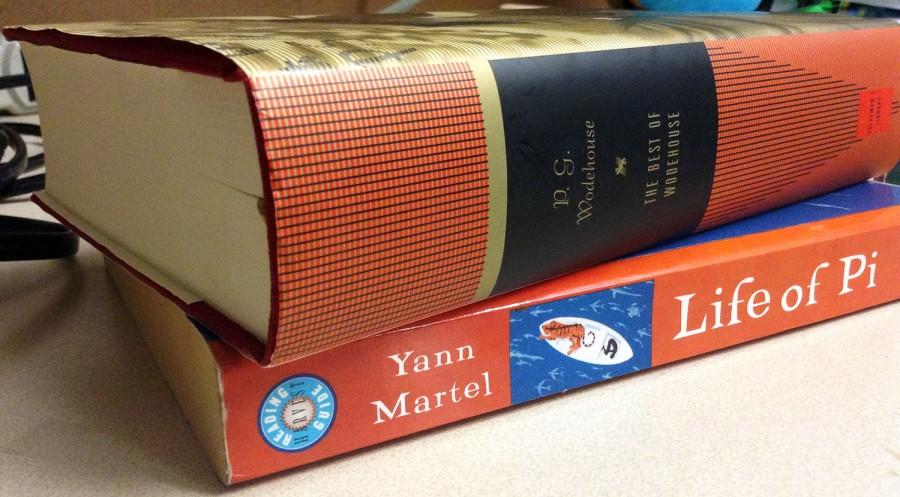9 Quick Tips to Writing a Research Paper
Popular British Literature and University English II research paper topics.
October 5, 2015
Some students at MSMS would like to forget that in addition to weekly scientific lab reports, they must also learn how to write an effective research paper in either history or English. Seniors in University English II and British Literature have research papers due the week before Thanksgiving Break. Juniors in Tales from the Crypt have their historical research papers due near the beginning of December. Finally, all juniors will complete a literary research paper due the week before Spring Break. Though a research paper may be a daunting task, there are several ways to squish six to 10 pages of literary or historical analysis into bite-sized portions with less stress and, hopefully, a better grade.
Before students complain and think “what’s the point of a research paper at a math and science school?” they must remember that hard work done now will go a long way in college. English teacher Emma Richardson stated that the research papers in University English II and British Literature are meant to “round out” their understanding of British Literature. She also stated that “because of time constraints, the UEII survey of British Literature will not get to late-20th or early 21st century texts, so I ask them to choose works by contemporary British (or Commonwealth) writers.”
UE II and UE I teacher Scott Curtis wants students to “become familiar with literary criticism” and “learn how to synthesize information.” In addition, Richardson reminds that “being able to conduct research and then present findings from the research (in every discipline) is a necessary component of success in college.” Richardson hopes that her students “feel empowered by their research experiences…and confident in their skills to conduct and present research at the next level.” Both Curtis and Richardson will be willing to provide help to all students who ask.
As you begin your research paper journey, take the following advice:
- The first thing you should do… is write in English. (Chuck Yarborough)
- For a long research paper, imagine you are breaking it up into units. For example, think in terms of writing five pages for a 25-page paper. (Curtis)
- Be prepared with plenty of data before sitting down to type. (Richardson)
- Take notes on your primary source while reading (while you are reading the text the second time!) after you’ve decided on a topic to write about.
- Take notes while reading secondary sources and record page numbers of where you get information.
- When working over a period of several days and coming to a stopping point, leave yourself a note about what to write next. This makes it easier to start writing again the next day!
- Ask your teachers for help and show them what you’ve already written.
- Ask specific questions.
- Start early and work gradually along the way.









